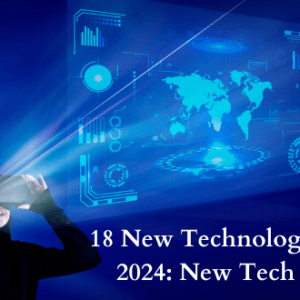Digital technology has evolved into a very advanced point. Be it the powerful digital cameras of today and the analogue cameras from the bygone days. The shooting cameras to smartphone cameras; everything has evolved powerfully. From simply a point and shoot one to a camera that can capture 3D and 360-degree views, digital technology has been the real game-changer.
It is, however, significant to understand what digitization of cinema means. In simple and straightforward terms, cinema digitization fundamentally refers to the usage of digital skills to portray the films on screen and this is now one of the latest technology updates in the cinema space. Nevertheless, in present-day terms, the digitization of cinema has a wider connotation. It also refers to a digital route to allocate, market, and commercialize cinema. While there is an unconcealed emphasis on adapting former cinematic content into digitized versions, the process that is trailed to commercialize cinema has also turned to be digital.
The digitization of cinema has made a sea of changes both production and post-production. Production is the phase of filmmaking where the movie is essentially shot. Nowadays there has been a consistent surge in the use of digital cameras in Hollywood and Bollywood and all other movie spaces globally. Though few big-budget movies of recent times were shot using traditional classic film cameras, the industry presently is dependent mostly on digital tools for film production. More than 90% of the films are shot using digital cameras in the current times. The cost of production is low for movies made using digital cameras. This is one of the major impetus why movie makers from around the world are choosing digital over film cameras for making cinemas and features. This is perhaps the biggest advantage of new technology, in the movie making domain. Today, we have ambitious and budding filmmakers who use and experiment with basic tools as simple as mobile and handy-cam to make movies. The competence of digital technology has widened the door for modernization and upgradation in the movie business.
Earlier, editing or post-production jobs was one of the most boring and monotonous works in the process of film making. Filmmakers had to trust labour-intensive techniques during cinematography to form and innovate visual impacts in the movies. Post digitization, and after the introduction of the advanced software related to film making and editing; the tedious works have dipped and one can enhance the digital effects and produce and portray with enhanced effects. This is one of the major hops and largest effects of modern technology, that has been introduced in the procedure of making and producing films. Visual effects are an explicit field in cinema space which has been in massive demand nowadays.
Virtual reality is the rule of the day and the bright future ahead. So, it may not come as astonishment that VR filming technology is essentially very real. Individuals are now considering 4K 3D cameras to make movies for VR play. Google and Lucid Cam have both innovated 4K 3D VR live production cameras and that is considered as one of the ground-breaking advantages of modern technology. While VR is still not widely used in the cinema space, it does bear the talent and expertise to become so in the forthcoming days. The movie space is also eventually and gradually adapting to cloud-based technologies and this has helped the production cost to dip quite a bit.










